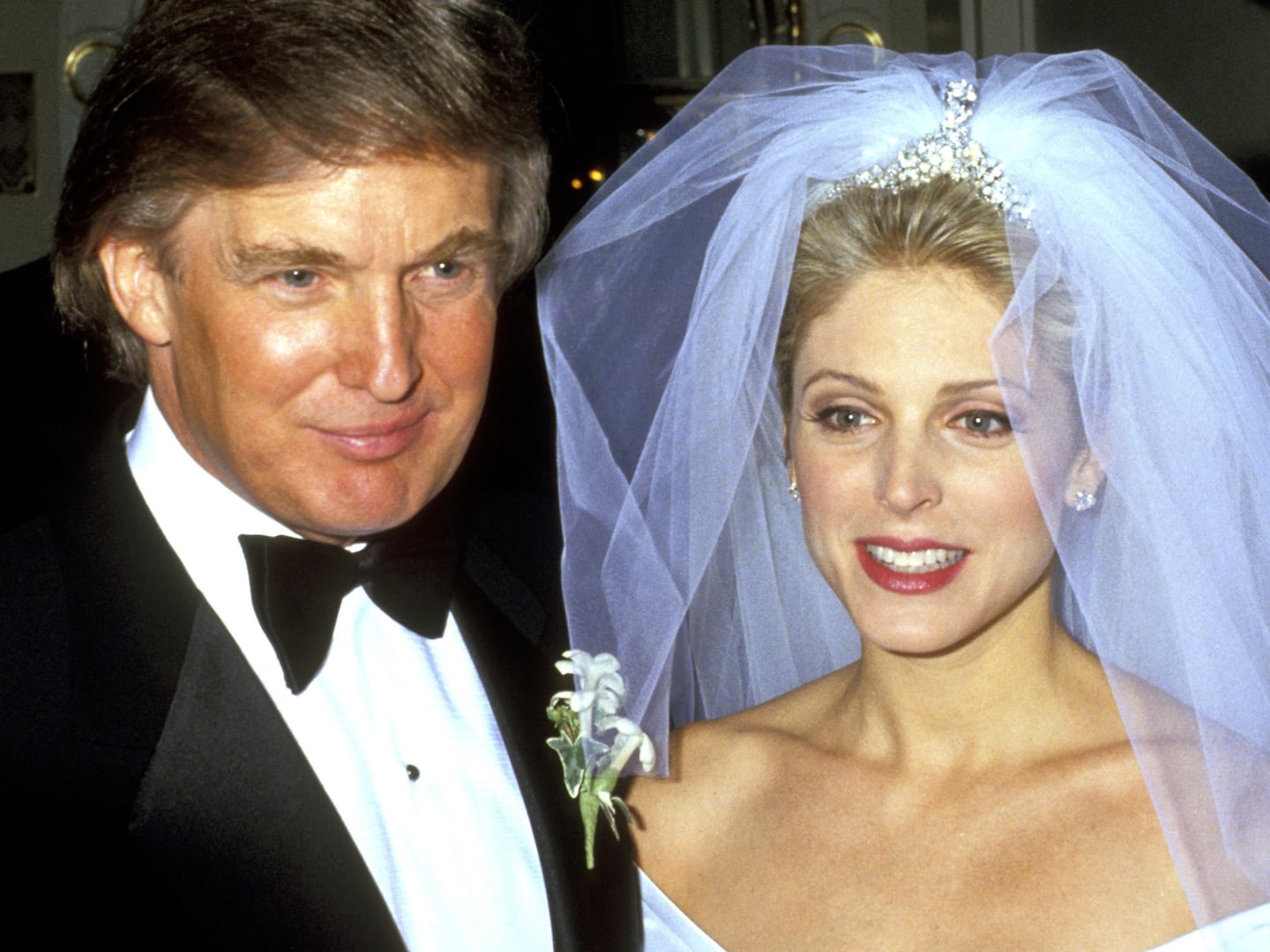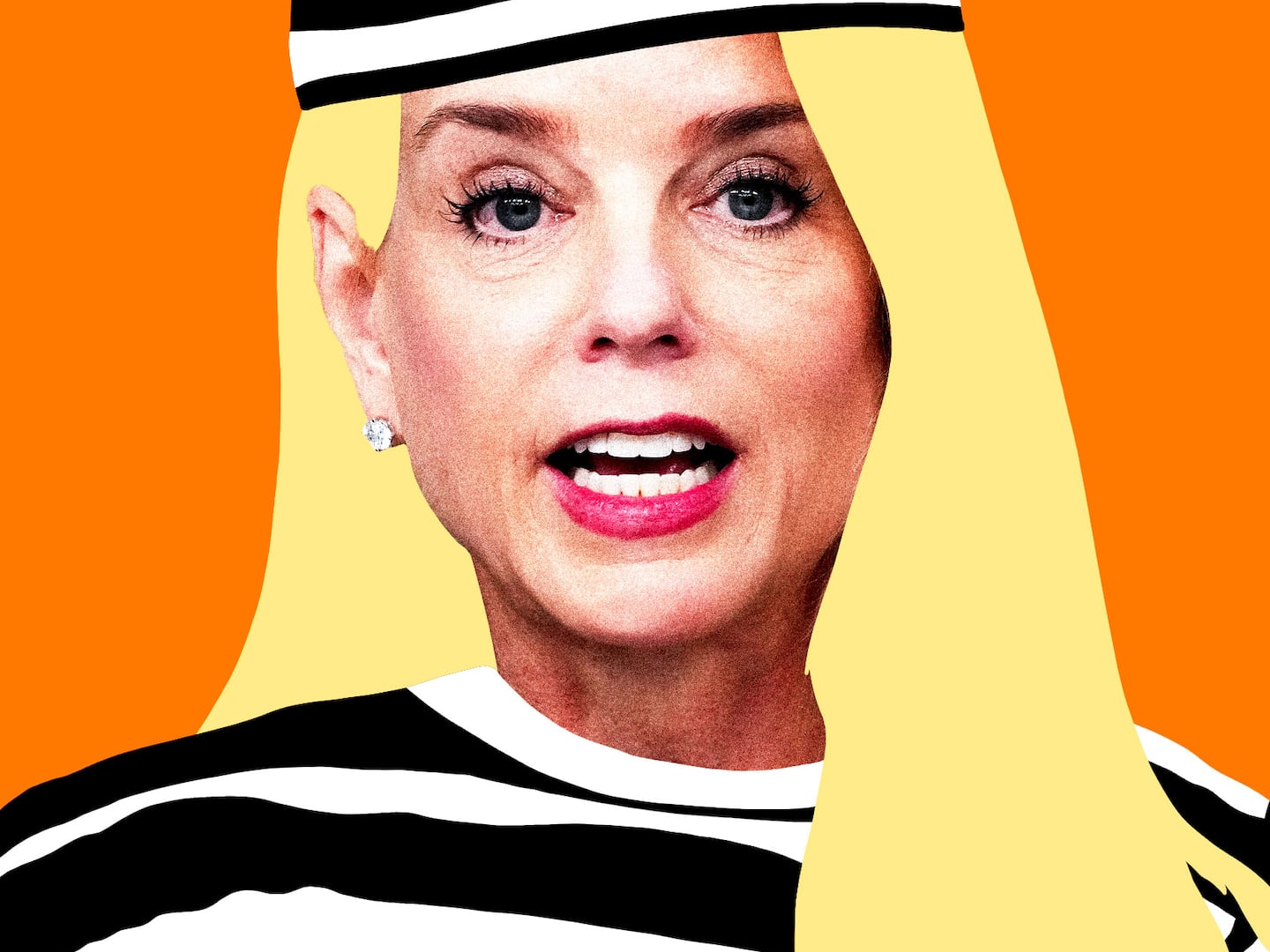In the aftermath of the U.S. intelligence community’s recent report on the Russian-directed hacking of the Democratic National Committee, it’s easy but misleading to conclude that the Russian government’s propaganda strategy lies solely in advancing the careers of conservative Republicans in the United States. Backing Donald Trump’s candidacy, via steady leaks of stolen communiques to organizations like WikiLeaks, was but one prong of the Kremlin’s assault on American liberal democracy. Part of its campaign to vilify Hillary Clinton involved catering to her rivals on the far-left and pushing any number of crankish conspiracy theories that appeal as much to “anti-imperialists” as to neo-Nazis.
There’s nothing new in that, really.
Moscow’s attempts to cultivate America’s far-left long predate the presidency of Vladimir Putin. The Kremlin, according to available evidence, donated more funds per capita to the U.S. Communist Party than any other communist claque during the Soviet period, when Moscow’s intelligence operations against the “main adversary” involved recruiting agents of influence and spies of a progressive background who were sympathetic to the Soviet cause. But the past 18 months have seen a noted spike in information warfare aimed at gulling the Bernie Bros and Occupy-besotted alternative-media set, which saw Clinton as more of a political danger than it did Trump.
Perhaps the starkest case in point is Green Party presidential candidate Jill Stein and her constituency. In December 2015, the Kremlin feted Stein by inviting her to the gala celebrating the 10-year anniversary of Kremlin-funded propaganda network RT. Over a year later, it remains unclear who paid for Stein’s trip to Moscow and her accommodations there. Her campaign ignored multiple questions on this score. We do know, however, that Stein sat at the same table as both Putin and Lt. Gen. Mike Flynn, Trump’s soon-to-be national security adviser. She further spoke at an RT-sponsored panel, using her presence to criticize the U.S.’s “disastrous militarism.” Afterward, straddling Moscow’s Red Square, Stein described the panel as “inspiring,” going on to claim that Putin, whom she painted as a political novice, told her he “agree[d]” with her “on many issues.”
Stein presents herself as a champion of the underclass and the environment, and an opponent of the surveillance state and corporate media, and yet she seemed to take pleasure in her marriage of true minds with a kleptocratic intelligence officer who levels forests and arrests or kills critical journalists and invades foreign countries. Their true commonality, of course, is that both Putin and Stein are dogged opponents of U.S. foreign policy.
Indeed, her pro-Kremlin stance wasn’t limited to merely praising Putin’s amicability. Stein joined the Russian president and Kazakhstani dictator Nursultan Nazarbayev in describing Ukraine’s 2014 EuroMaidan revolution as a “coup,” and claimed, bizarrely, that NATO is currently “fighting… enemies we invent to give the weapons industry a reason to sell more stuff.”
For good measure, she also asserted in September that “Russia used to own Ukraine,” by way of defending its colonization. She even selected a vice-presidential candidate who, when asked whether the downing of Flight MH17—a massacre almost certainly caused by Russian-supplied separatists in eastern Ukraine—was a false flag, responded, “[T]hat’s exactly what has happened.”
Green Party officials across Europe slammed a “delusional” Stein for her views, with leading Russian environmental activists saying they were “deeply shocked” by her comments during her Moscow trip.
No matter. For her efforts in burnishing Kremlin conspiracy theories for American audiences, Stein was awarded not simply with an invitation to the 2015 RT gala, but RT even hosted her party’s 2016 presidential debate—a move Stein hailed as a “step towards real democracy.” RT also covered “live updates” from Stein’s reactions to the debates between Clinton and Trump, a decision Stein further praised. This mutual affection is, naturally, of a piece with RT’s broader modus operandi in the U.S.
As I helped catalog at the Columbia Journalism School, RT, rather than focus solely on puffing up GOP candidates, expends more effort in targeting America’s far-left fellow-travelers. There’s a reason, after all, that Kremlin-funded Sputnik hosts podcasts by Americans who claim “progressive” viewpoints—at least when it comes to altering the exclusively domestic landscape in America. Nor are these fake news outlets tilling fallow soil.
Consider one of the flagship magazines of the American left, which, for all its support of gay rights, government transparency, and voting rights as they pertain to U.S. society, has developed a notoriously soft spot for a regime that violently opposes all of the above.
The Nation’s coverage of Russian affairs is a national embarrassment. RT is a website that hosts neo-Nazis as “expert” commentators. Yet that does not stop The Nation from publishing whataboutist articles in defense of the propaganda channel; articles pushing the same argument, with the exact same headlines, as those found in white-nationalist publications.
The Nation’s crop of Russia watchers have lately busied themselves by lending credence to the “autonomy referendums” in eastern Ukraine, thus legitimizing illegal and neo-imperialist land-grabs, or notions that the entire Ukrainian crisis was “instigated by the West’s attempt… to smuggle [Ukraine] into NATO.”
That these views bizarrely mesh with those of Trump and his Breitbart-friendly advisers is perhaps another oddity of an age of ideological psychosis. Stephen Cohen, The Nation’s lead Russia analyst (and husband of the magazine’s editor in chief and publisher Katrina vanden Heuvel), has even been endorsed by David Duke and the wife of white-nationalist Richard Spencer, the intellectual godfather of the pro-Trump “alt-right,” as a rare voice of sanity when it comes to U.S.-Russian relations.
At times, the substance and style of what has been dubbed the “alt-left” are indistinguishable from that of its counterpart on the other end of the political spectrum. And Moscow’s info-warriors appear to appreciate the resemblance, as the American arm of Sputnik exhorted supporters of Bernie Sanders to vote for Trump (as did Trump himself, repeatedly).
In years of researching Kremlin influence-peddling, I’ve discovered first-hand just how eerily similar far-left and far-right Putinists are to each other.
When I pointed out that one of The Nation’s contributing writers, former J.P. Morgan banker James Carden, now executive editor of the American Committee for East-West Accord—an organization partly funded by vanden Heuvel’s family—continues to contribute to Kremlin-funded Russia Direct, what I received was nothing short of a deranged ad hominem. Carden, who appeared on RT a few weeks ago to claim that The Washington Post is pursuing a “project of promoting a new Cold War with the Russian Federation,” sent me a note on LinkedIn calling me a “sniveling shit,” and vaguely (if unintentionally hilariously) threatening me with physical violence, demanding to see if I was “brave as BATMAN [sic]” in person. He later apologized.
Another Nation staple, contributing editor Doug Henwood, has maintained a professional relationship with WikiLeaks founder Julian Assange, yet is apparently very tetchy about the collaboration, as I also discovered when I engaged him.
Henwood had planned to work with Assange on putting out a book about Hillary Clinton’s Goldman Sachs speeches—Henwood annotating, Assange writing the foreword—transcripts of which were of course originally hacked by Russian intelligence and disseminated through WikiLeaks, at least according to 17 different U.S. intelligence agencies, two of which concluded that this was done with the express purpose of helping Trump get elected. When I brought up this pending project, as detailed both on the book publisher’s website and in multiple articles, Henwood called me a “fucking idiot.” (Henwood’s publisher, when contacted for this story, noted that Henwood was no longer affiliated with the endeavor, saying that he had now grown “weary of chronicling Hillary Clinton’s boundless political shortcomings.”)
WikiLeaks is clearly the online epicenter of the 21st-century’s red-brown convergence. How else to account for how an Australian cyberanarchist has found common cause with a racist millionaire real-estate baron—apart, that is, from their apparent mutual regard for the opposite sex?
WikiLeaks, it is worth recalling, began as a seemingly noble “transparency” organization that sought to help shine a light on post-Soviet autocracies and their human-rights abuses. Yet somewhere along the way it saw fit to partner with anti-Semites who delivered leaked U.S. State Department cables to Belarus’s pro-Moscow dictatorship, which used these sensitive documents to chase down dissidents. Nor has this caused WikiLeaks or Assange any moral misgivings. As Vox’s Zack Beauchamp detailed, Assange refused to investigate WikiLeaks’s role in aiding the machinations of Belarusian President Alexander Lukashenko, Europe’s last dictator, whose secret police (still known by its Cold War acronym, the KGB) arrested activists and opposition figures.
A quick glimpse through WikiLeaks’s Twitter feed lately is enough to confirm the group’s disconcerting preference for siding with the Putinist narrative, and Kremlin interests, all in the name of anti-Americanism.
Assange has personally run a not-so-subtle rearguard defense for Trump, an overture that has been reciprocated by the president-elect, who now publicly defers to Assange’s analysis of the DNC hacks over that of the U.S. intelligence arms Trump is about to command in little over a week’s time. When not slamming last year’s Panama Papers leak as an “attack story on Putin,” WikiLeaks’s feed, long thought to be personally manned by Assange, has layered Kremlin-friendly conspiracy over everything from the Eurovision Song Contest to, like Stein’s candidacy, the destruction of MH17. (Little surprise, then, that Stein considers Assange a hero.) Or, as WikiLeaks tweeted on Ukraine, “Cable shows USA was already warned of #Russia’s concerns so it now looks like #Obama is the provocateur; not #Putin.”
Stein, The Nation, and WikiLeaks are hardly outliers on social media or insignificant in their political reach; to their respective audiences, they wield as much influence as Breitbart does with Trump loyalists.
In a few swing states, after all, Clinton lost to Trump by a margin smaller than Stein’s total statewide voter haul. The Nation has tens of thousands of subscribers and a venerable, 150-year-old pedigree for liberal advocacy. The WikiLeaked DNC and John Podesta emails, meanwhile, gradually released during and after the Democratic National Convention in August, did untold damage to Clinton’s campaign.
What remains of the internationalist wing of the Republican Party is understandably unnerved by how much of the American right has happily aligned with Putin’s spymasters and arms-length purveyors of “active measures” and provided cover for a foreign government’s interference in a U.S. election.
But the American left has just as much reason to take stock. Ideologically promiscuous and unbound by the orthodoxies of a single party or historical narrative, Putin has cultivated dupes, fellow travelers, and purblind fools among plenty of American progressives who, whether by accident or design, have facilitated the rise of the most extremist and reactionary president this country has ever elected.






